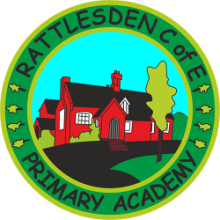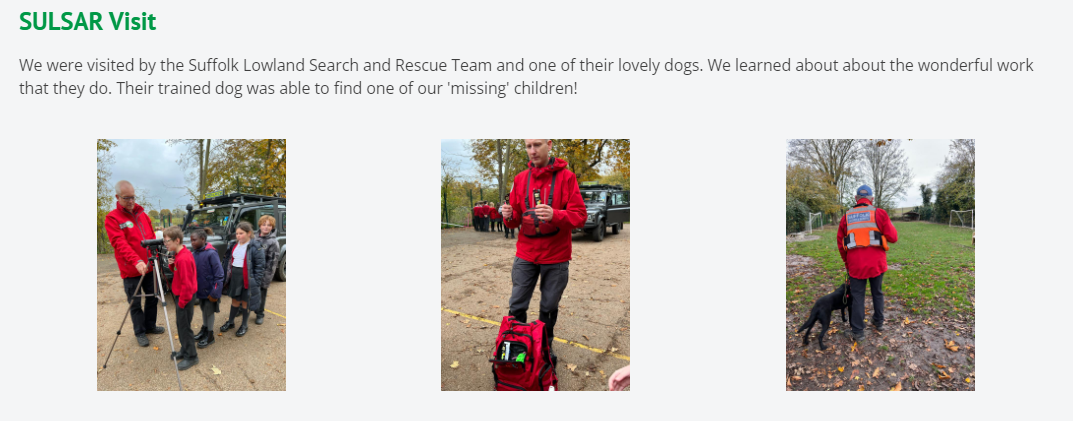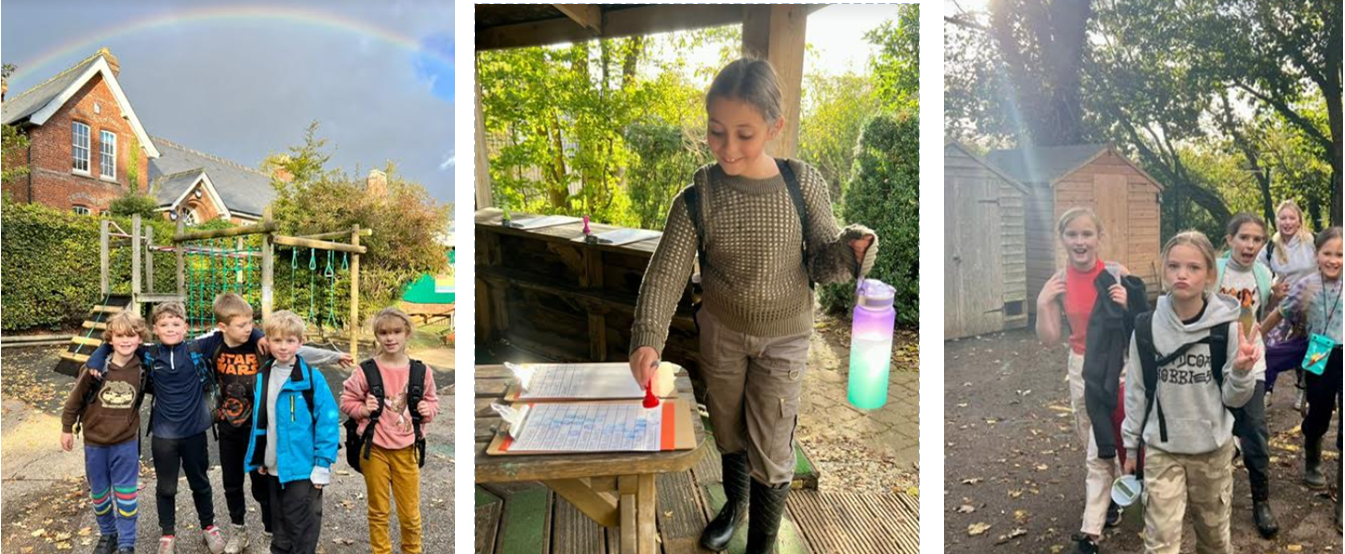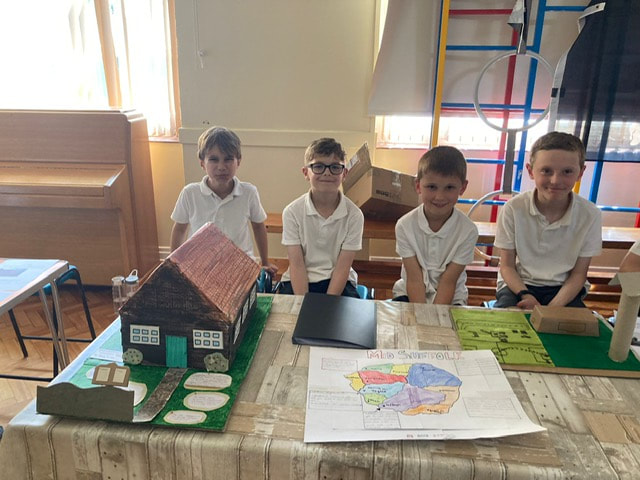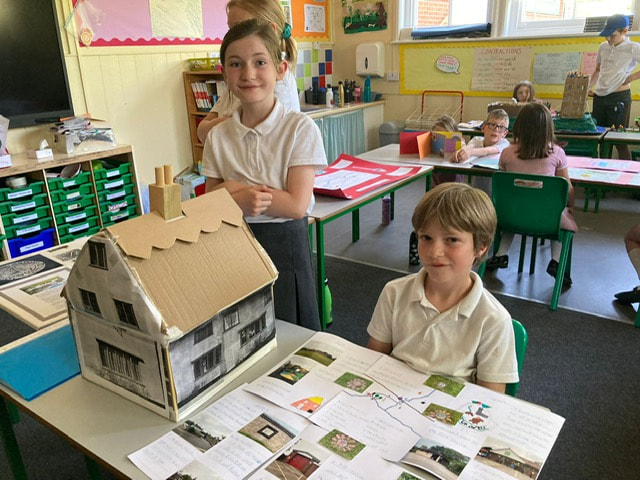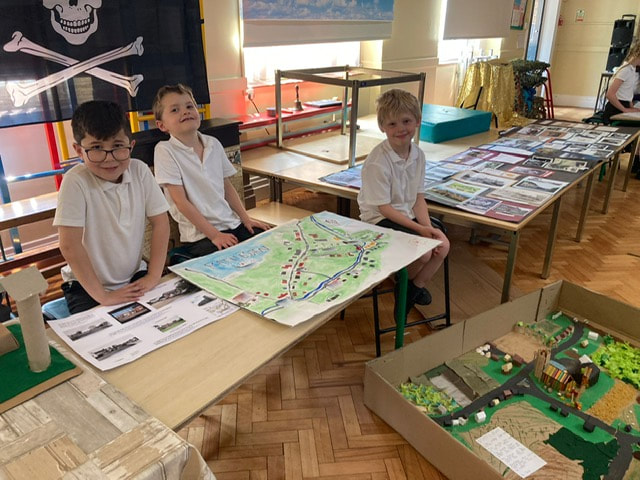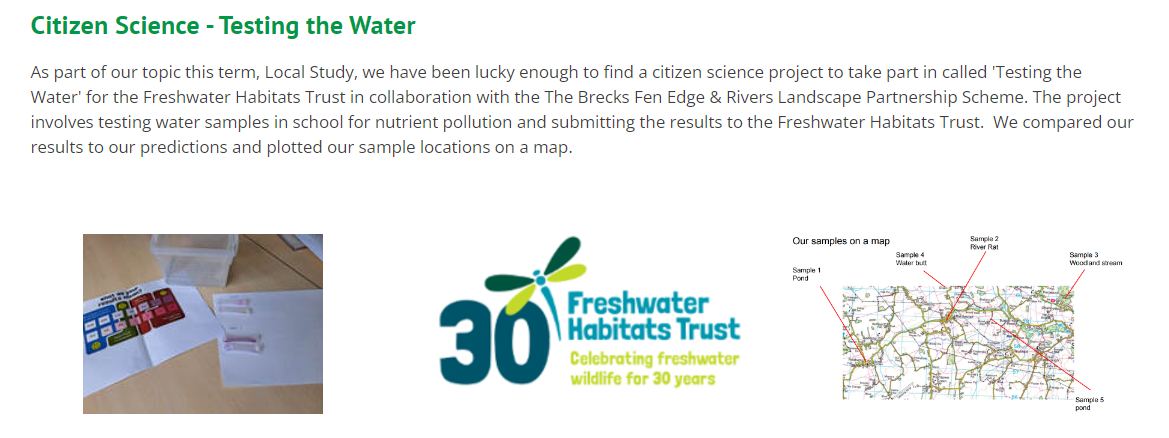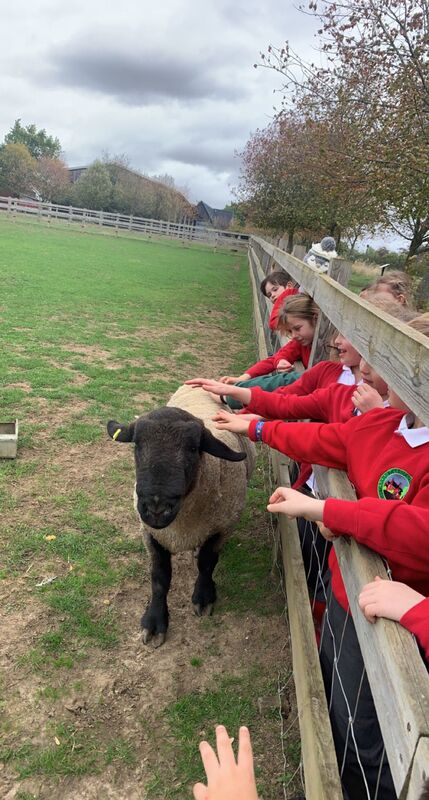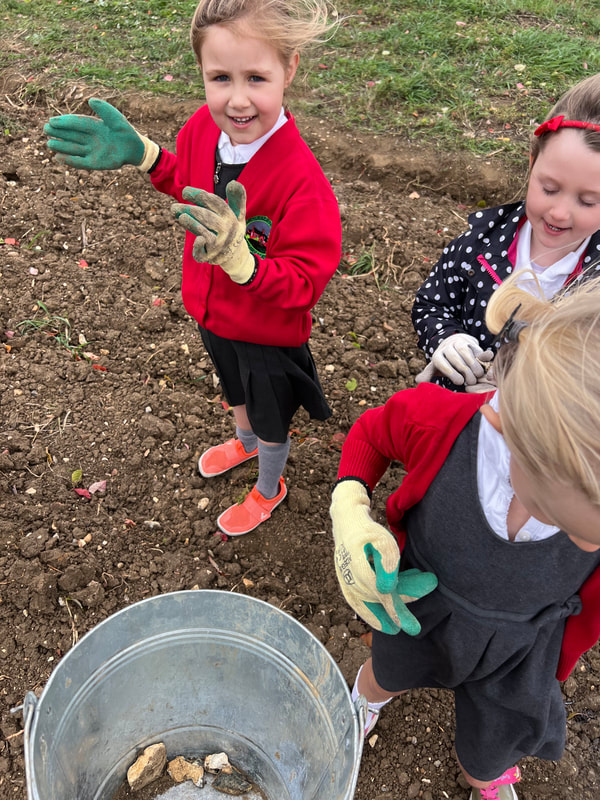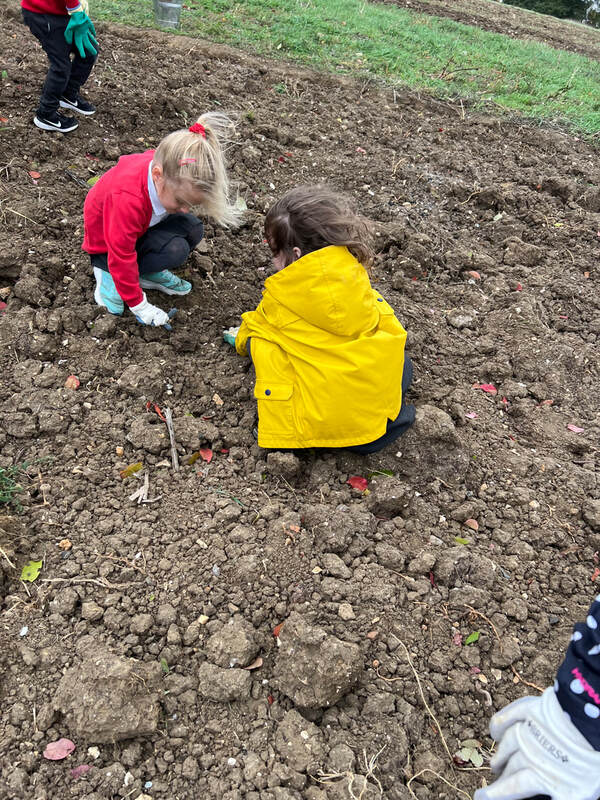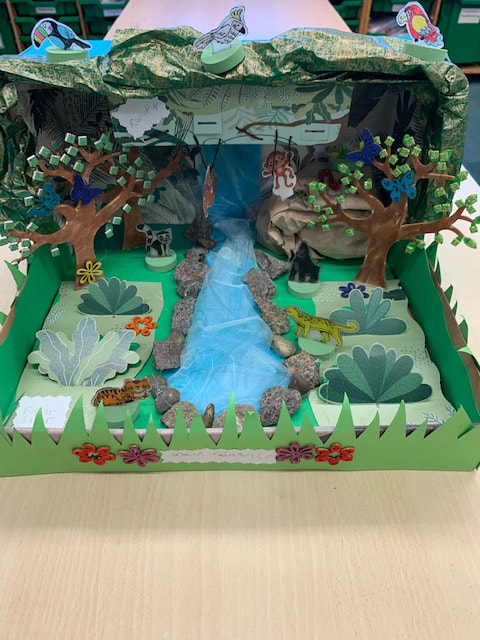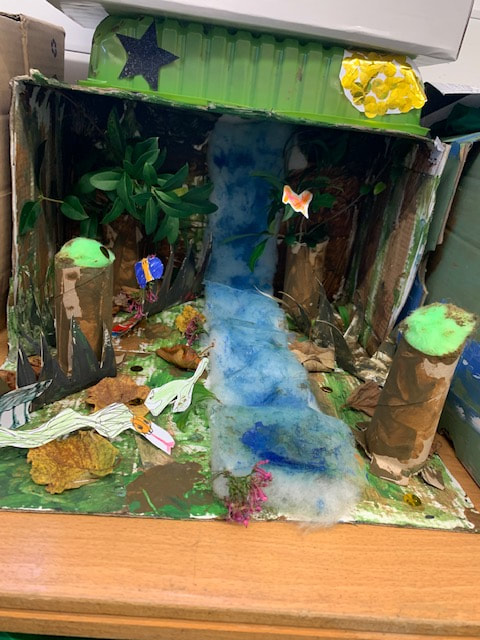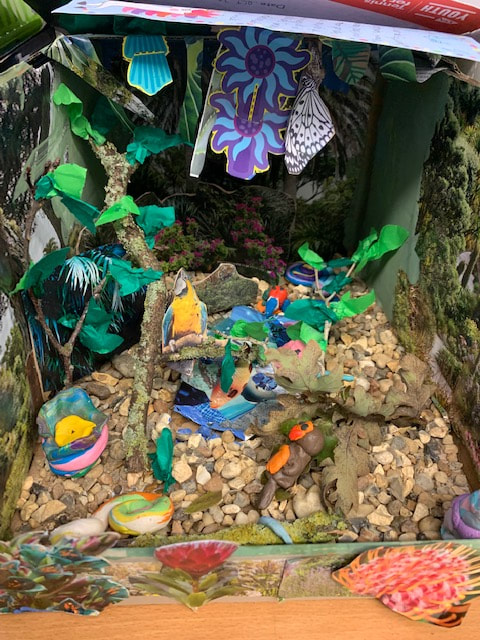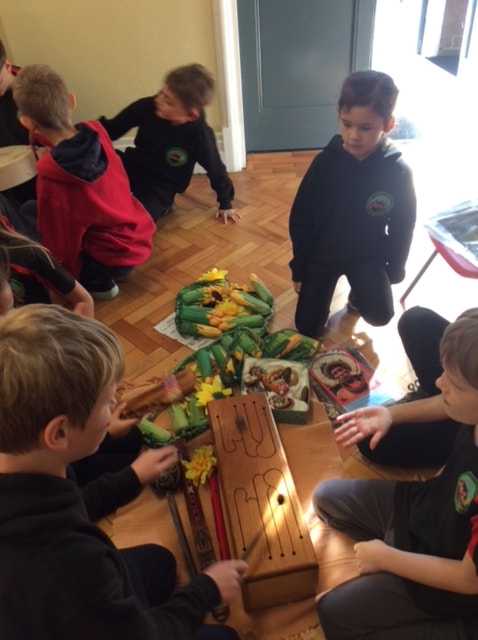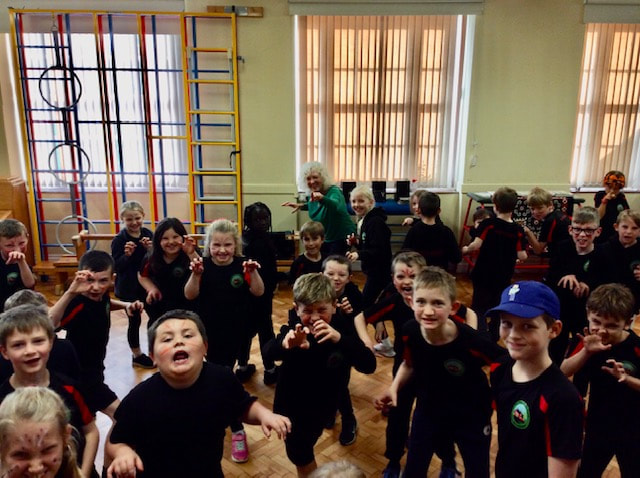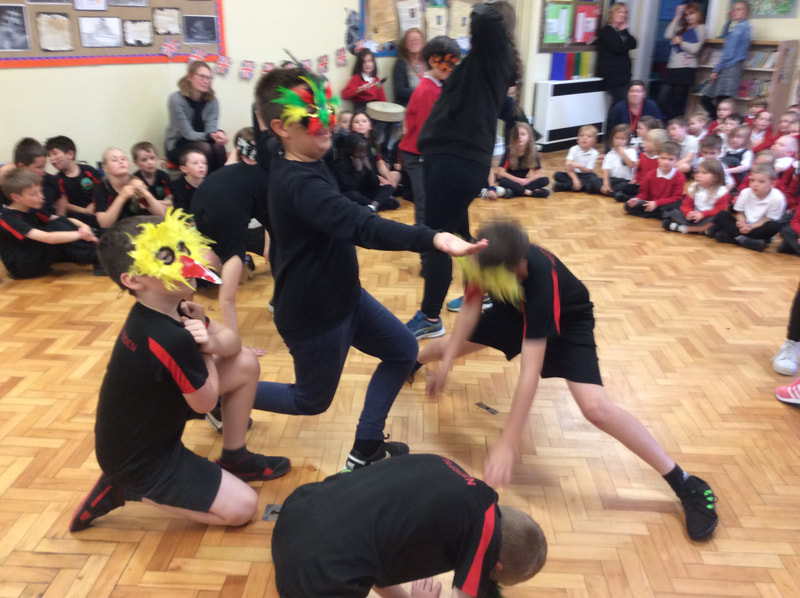Intent
At Rattlesden we aim for a high quality Geography curriculum, which inspires a keen interest in the natural and human aspects of the world. The children are encouraged to develop a greater understanding and knowledge of the world, as well as their place in it. We seek to inspire in children a curiosity and fascination about the world and its people; to promote the children’s interest and understanding of diverse places, people, resources and natural and human environments, together with a deep understanding of the Earth’s key physical and human processes.
Implementation
In Early Years and Key Stage 1, Geography is incorporated into themes such as Fire and Ice which included learning about the continents and climate in different parts of the world.
In Key Stage 2, the Geography curriculum is incorporated into our creative curriculum through termly themes which include topics such as Blue Planet, Chocolate and Africa. The curriculum is organised on a four year cycle. Progression is carefully planned for to ensure that the children have a progression of skills as they move through Key Stage 2.
Children have the opportunity to work alone, in pairs or as part of a mixed group when working on projects. Children are encouraged to use computers, books and a variety of online sources as well as local fieldwork opportunities to help them with their learning. We are keen that learning is practical and memorable and so during their time at school, children will experience a number of educational visits to places of historical interest such as Southwold and visitor experiences to bring geography to life.
Impact
The impact of our Geography curriculum is measured in a variety of ways: questioning during lesson time, marking children’s written work, listening to child-led discussion, interviewing pupils across the school about their learning. By the end of the Geography curriculum at Rattlesden Primary Academy, our children will have a growing knowledge of the world and their place in it, have a wider vocabulary of Geographical terms, and aspire to discover more about the world, through reading, travel or the media. They will know that they can use their voice to express themselves and their opinions and be ready to further develop their geographical skills, such as, evaluation, creativity and problem solving.
Learning threads
At our school we believe that the children learn best when they are able to make links and connections in their learning.
Within our Geography topics throughout the school, threads of knowledge run through the curriculum – the topics are the vehicles for placing the threads in context.
In Geography, for example, the concept of ‘environment and sustainability’ is a recurring concept throughout the curriculum. Where appropriate within each topic, pupils develop their knowledge and understanding of this concept. This starts in the early years and develops up to Year 6.
By carefully mapping these threads across our topics and revisiting them in different sequences of learning, we will help children gain historical and geographical perspective by placing their growing knowledge into different contexts, understanding the connections between local, regional, national and international Geography.
These threads are revisited over time and add to the cohesiveness of our curriculum as the children progress through their primary education.
At Rattlesden we aim for a high quality Geography curriculum, which inspires a keen interest in the natural and human aspects of the world. The children are encouraged to develop a greater understanding and knowledge of the world, as well as their place in it. We seek to inspire in children a curiosity and fascination about the world and its people; to promote the children’s interest and understanding of diverse places, people, resources and natural and human environments, together with a deep understanding of the Earth’s key physical and human processes.
Implementation
In Early Years and Key Stage 1, Geography is incorporated into themes such as Fire and Ice which included learning about the continents and climate in different parts of the world.
In Key Stage 2, the Geography curriculum is incorporated into our creative curriculum through termly themes which include topics such as Blue Planet, Chocolate and Africa. The curriculum is organised on a four year cycle. Progression is carefully planned for to ensure that the children have a progression of skills as they move through Key Stage 2.
Children have the opportunity to work alone, in pairs or as part of a mixed group when working on projects. Children are encouraged to use computers, books and a variety of online sources as well as local fieldwork opportunities to help them with their learning. We are keen that learning is practical and memorable and so during their time at school, children will experience a number of educational visits to places of historical interest such as Southwold and visitor experiences to bring geography to life.
Impact
The impact of our Geography curriculum is measured in a variety of ways: questioning during lesson time, marking children’s written work, listening to child-led discussion, interviewing pupils across the school about their learning. By the end of the Geography curriculum at Rattlesden Primary Academy, our children will have a growing knowledge of the world and their place in it, have a wider vocabulary of Geographical terms, and aspire to discover more about the world, through reading, travel or the media. They will know that they can use their voice to express themselves and their opinions and be ready to further develop their geographical skills, such as, evaluation, creativity and problem solving.
Learning threads
At our school we believe that the children learn best when they are able to make links and connections in their learning.
Within our Geography topics throughout the school, threads of knowledge run through the curriculum – the topics are the vehicles for placing the threads in context.
In Geography, for example, the concept of ‘environment and sustainability’ is a recurring concept throughout the curriculum. Where appropriate within each topic, pupils develop their knowledge and understanding of this concept. This starts in the early years and develops up to Year 6.
By carefully mapping these threads across our topics and revisiting them in different sequences of learning, we will help children gain historical and geographical perspective by placing their growing knowledge into different contexts, understanding the connections between local, regional, national and international Geography.
These threads are revisited over time and add to the cohesiveness of our curriculum as the children progress through their primary education.
Key priorities for Geography
1. Ensure progression of skills and vocabulary documents are used by all staff and reflected in pupil outcomes
2. Embed ‘threads’ into topics throughout the school
3. Provide opportunities to revisit and recap prior learning
2. Embed ‘threads’ into topics throughout the school
3. Provide opportunities to revisit and recap prior learning
Geography Policy
Progression of skills
Vocabulary progression
Long term thread and topic coverage - whole school
Key Stage Two Sponsored Walk
We raised an incredible £2,100 in aid of the Moroccan Earthquake and Libyan Flood Disaster Relief as well as the RNLI, SARS and SuLSAR.
The children all put a massive effort into the walk, carrying their emergency response kits containing water, first aid equipment food and survival essentials.
The children all put a massive effort into the walk, carrying their emergency response kits containing water, first aid equipment food and survival essentials.
Key Stage Two - Local Study community celebration
Key Stage trip to The Food Museum, Stowmarket
A morning of Victorian farming - bird scaring and stone picking, followed by time spent with the farm animals
A morning of Victorian farming - bird scaring and stone picking, followed by time spent with the farm animals
Biomes - half term home learning project - oak and Cedar
Rainforest dance and music workshop
Some useful websites to explore at home
Find Us |
|
Website by lizhawkins.co.uk
